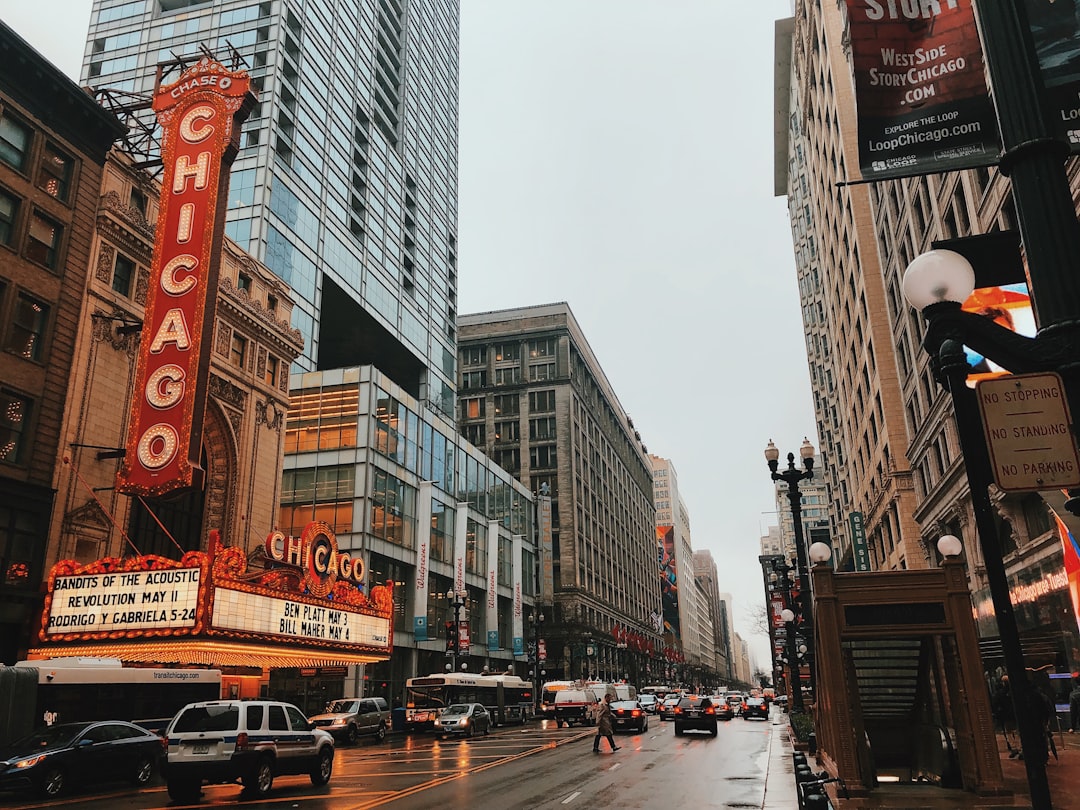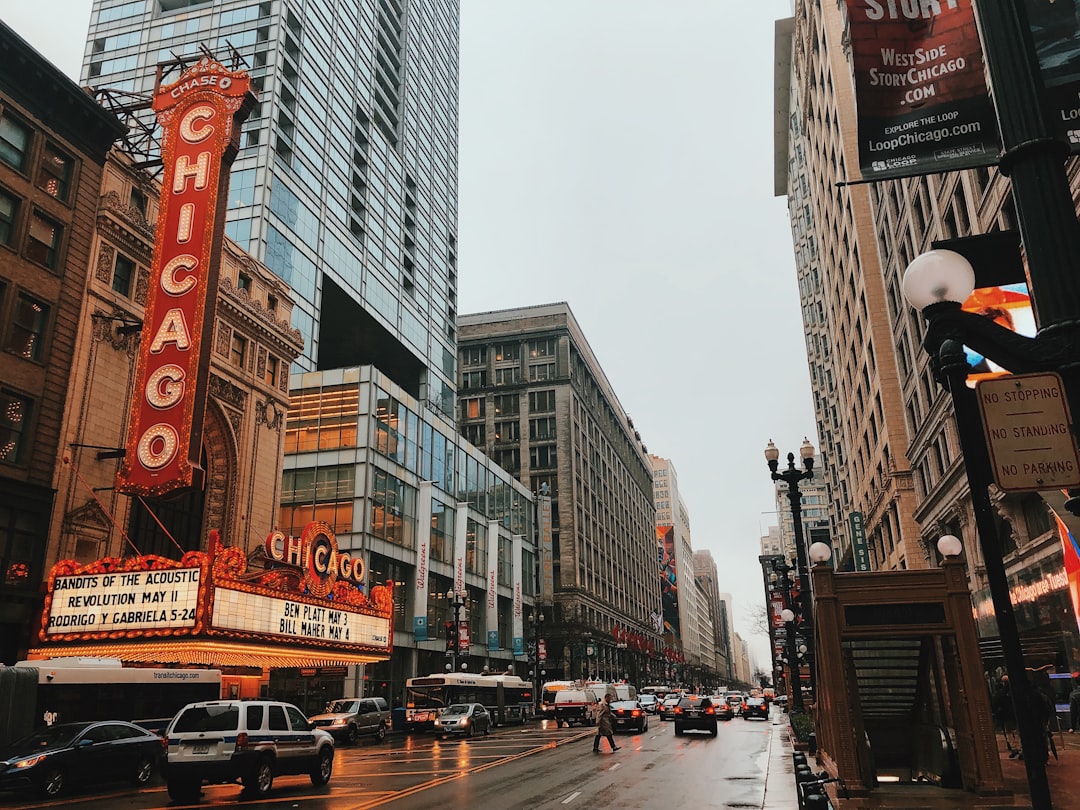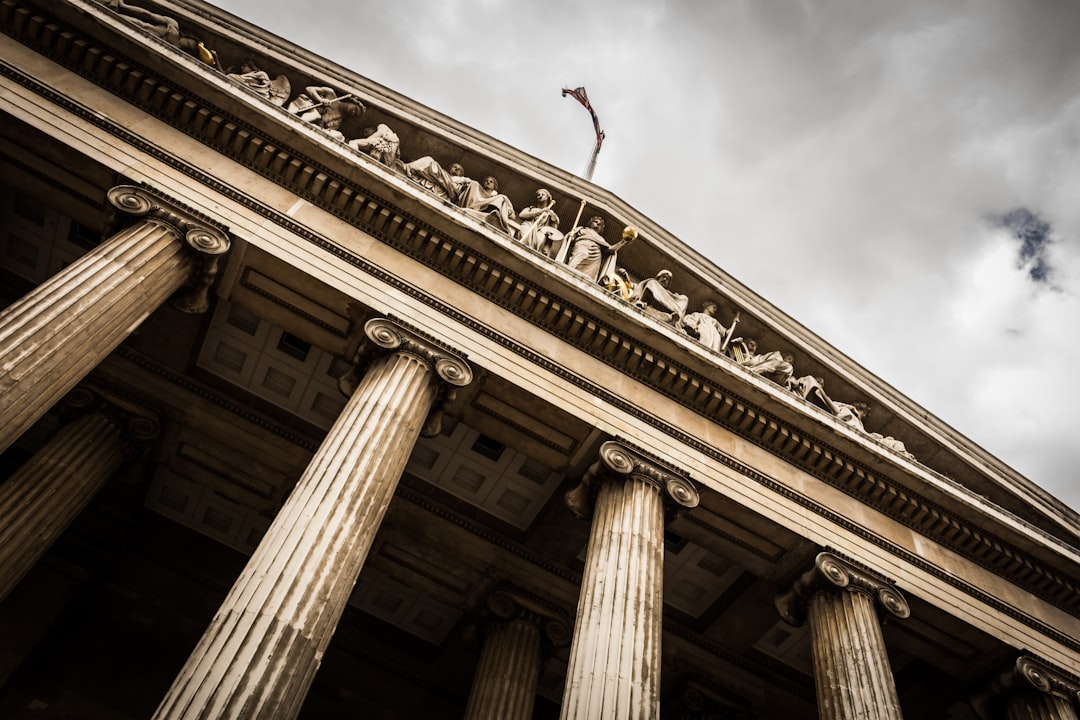Bloomington schools' Technology Use Policies (TUPs) are crucial for safe digital interactions, protecting students from cyberbullying, online predators, and copyright infringement. Parents should understand these policies and collaborate with school abuse lawyers in Illinois to report violations. Illinois prioritizes preventing school abuse with strict technology use policy laws; districts should consult school abuse law firms in Illinois for comprehensive, compliant policies. Administrators maintain a secure digital environment by enforcing these policies and reporting incidents to authorities, potentially involving school abuse attorneys in Illinois. A strategic approach, including staff training and parent workshops, ensures responsible digital citizenship while engaging school abuse lawyers in Illinois for legal guidance and compliance.
In Bloomington districts, technology use policies (TUPs) play a pivotal role in fostering safe and productive digital environments for students. This article explores the intricate landscape of TUPs, focusing on legal considerations designed to prevent school abuse. We delve into the responsibilities of Illinois school administrators and offer strategic guidance for implementing and enforcing effective policies. For families concerned about their rights or seeking counsel, understanding these policies is crucial, and a school abuse lawyer in Illinois can provide expert support.
Understanding Technology Use Policies in Bloomington Schools

In Bloomington schools, Technology Use Policies (TUPs) serve as a crucial framework to guide students, parents, and educators on responsible and safe digital interactions. These policies are designed to protect both students and staff from potential risks associated with technology use, including cyberbullying, online predators, and copyright infringement. By establishing clear guidelines, schools aim to foster a positive digital environment while also preparing students for the ethical challenges of the modern world.
Understanding these policies is essential for every member of the Bloomington educational community. Parents and guardians should familiarize themselves with the rules governing their children’s online activities, ensuring they are aware of potential consequences related to school abuse cases in Illinois. Engaged parents can work alongside schools to report any suspected violations, collaborating with a reliable school abuse lawyer or attorney from a reputable law firm in Illinois to ensure justice and protect the well-being of students.
Legal Considerations for School Abuse Prevention

In Illinois, the prevention of school abuse is a critical legal and ethical consideration for educational institutions. Any technology use policy must comply with state laws aimed at protecting students from harm, including sexual and physical abuse. Schools have a duty to ensure a safe learning environment, which includes establishing guidelines for digital communication and online behavior. A comprehensive policy should address issues like cyberbullying, privacy, and the appropriate use of social media platforms, with penalties for violations.
For Bloomington districts, enlisting the help of a school abuse lawyer or an Illinois school abuse law firm can be beneficial. These legal professionals can assist in crafting policies that not only adhere to state regulations but also offer robust protection against potential claims. School abuse attorneys in Illinois have extensive knowledge of the laws and can guide districts on best practices for technology use, ensuring compliance and fostering a positive digital culture.
Roles and Responsibilities of Illinois School Administrators

In Illinois, school administrators play a pivotal role in establishing and enforcing technology use policies to ensure student safety online. They are responsible for creating a secure digital environment within the school district, which includes implementing guidelines that prevent cyberbullying, protect against inappropriate content, and promote responsible internet usage. These administrators must stay abreast of emerging technologies and potential risks associated with them, such as social media misuse or unauthorized data access. By collaborating with teachers, parents, and IT staff, they can effectively navigate the complex landscape of digital safety.
When incidents of school abuse, including online harassment or data breaches, occur, Illinois school administrators must act swiftly. They are required to report these matters to the appropriate authorities, such as law enforcement or the Illinois State Board of Education. Additionally, administrators may need to consult with a school abuse lawyer or school abuse attorney from a reputable firm in Illinois to ensure they follow legal protocols and protect the rights of all parties involved. This proactive approach helps maintain a safe learning environment while adhering to state laws and regulations regarding student privacy and digital citizenship.
Strategies for Effective Policy Implementation and Enforcement

Implementing and enforcing effective technology use policies in Bloomington schools requires a strategic approach to ensure students’ safety and well-being in the digital realm. One key strategy is to involve all stakeholders, including teachers, administrators, parents, and students, in the policy development process. This collaborative effort ensures that the guidelines are practical, fair, and reflective of the community’s values. Regular training sessions for staff and educational workshops for parents can also help demystify technology policies and promote a culture of responsible digital citizenship.
Moreover, establishing clear reporting mechanisms is vital. Schools should provide multiple channels for students, parents, and staff to report suspected violations of technology use policies, such as cyberbullying or inappropriate content access. Prompt investigation and transparent communication about the consequences of policy breaches build trust and encourage ethical behavior. Engaging with reputable school abuse lawyers in Illinois can offer guidance on best practices, ensure compliance with local laws, and provide a safety net against potential legal issues related to technology policy enforcement.






